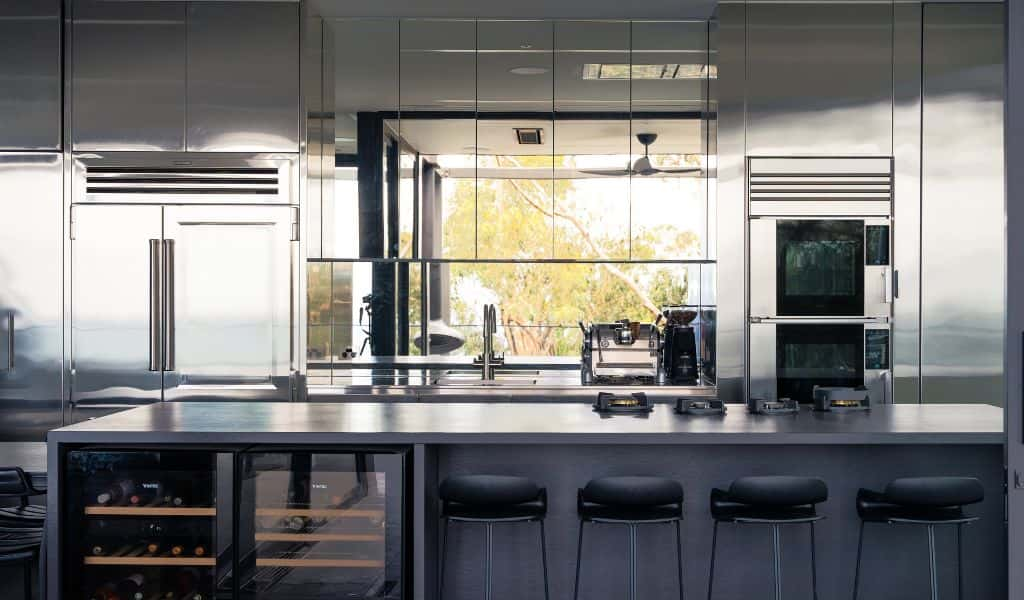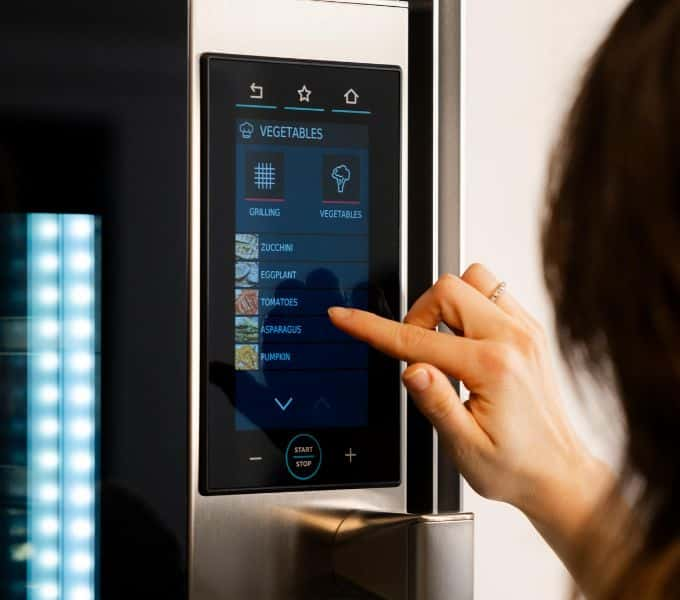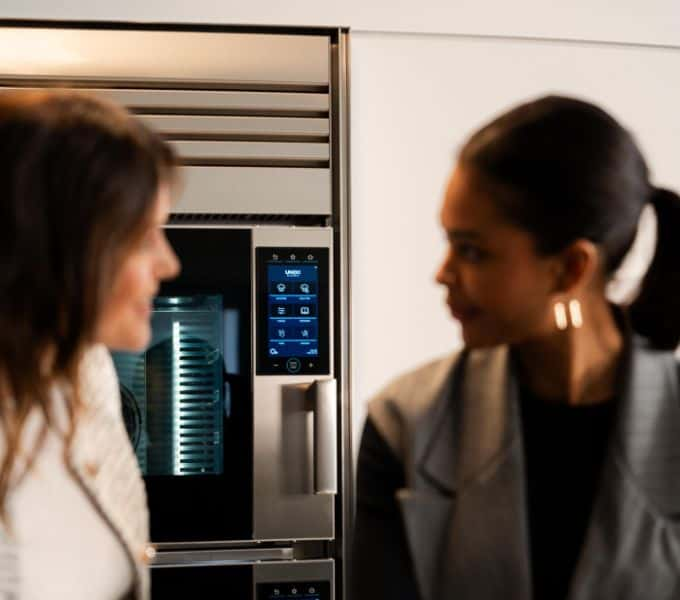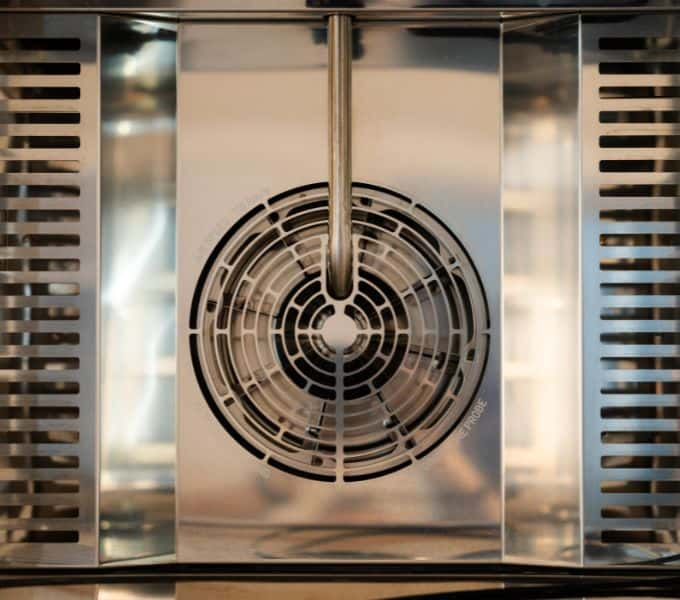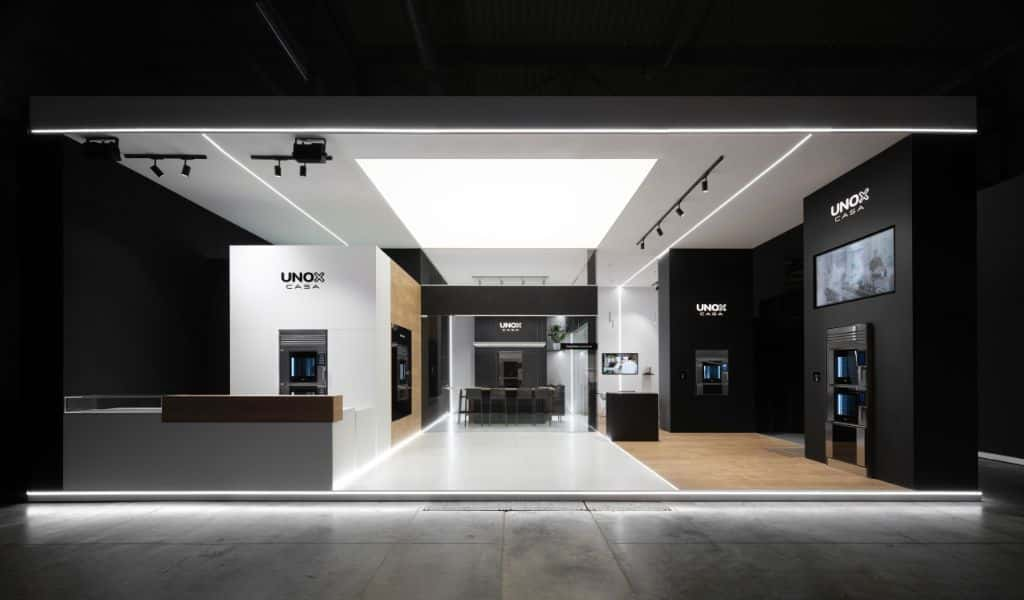Cost is a significant factor distinguishing professional ovens fro home from their domestic counterparts. Professional ovens, such as those designed for home use like SuperOven, come with a higher price tag. This cost is justified by their superior durability, advanced performance, and sophisticated features. While the initial investment is considerable, these ovens offer substantial long-term value due to their reliability and sustained high performance. In contrast, domestic ovens, even high-end models, may be more affordable upfront but often require more frequent repairs or replacements, diminishing their overall value. They also fall short in performance when compared to professional-grade ovens.
Moreover, investing in a professional oven can enhance not just the kitchen but the entire home. Such an appliance elevates the kitchen’s prestige and can positively impact the home's resale value. The experience of cooking with a professional-grade oven transforms the culinary process, enriching everyday life and offering a new level of luxury and possibility. It turns the kitchen into a space for advanced culinary experimentation, enriching the overall quality of life.
Discover “Starred Living”, the exclusive lifestyle enhanced by SuperOven.

Despite the growing overlap between professional and domestic appliances, understanding their distinct differences is crucial. Professional ovens for home provide unmatched durability, power, and precision, making them ideal for those who view cooking as an art form. Domestic ovens, while improved, are still designed for less demanding use and cater to basic home cooking needs.
Recognising these differences helps in making informed decisions that align with personal aspirations. Investing in a professional oven is more than a practical choice; it's about enhancing every culinary experience, achieving new levels of perfection, and ensuring exceptional performance for years to come.

